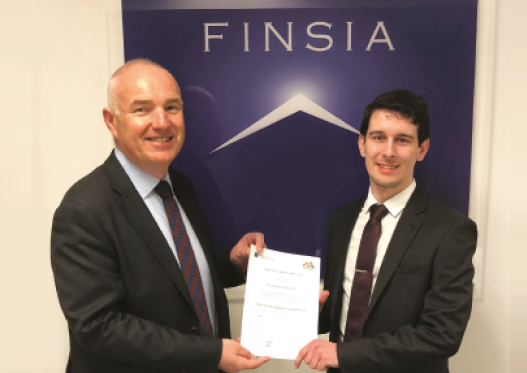Across Australia and New Zealand, currently around one in four properties analysed is owned by women, who are flexing their financial muscles to own property. Though the whole picture isn’t quite so simple.
On 10 March, FINSIA will be hosting a joint webinar with CoreLogic to take a closer look at their upcoming 2022 Women and Property Report to reveal more findings about the gender property gap on both sides of the Tasman.
The 2022 Women and Property: One year on report, releasing in time for International Women’s Day, explores the research and analysis in detail. It highlights factors contributing to the gender property gap including individual and joint ownership patterns, gender-based ownership across locations and types of dwellings, and which gender has the strength of numbers when it comes to investing.
Given the insights from last year’s report, it will be interesting to see if there have been any significant shifts - and if an East Coast city versus Regional Australia split exists.
According to the 2021 Women and Property report, authored by panelist CoreLogic’s Head of Research Australia Eliza Owen, there were seven sub-markets of Australia where rates of exclusively owned female properties were higher than the rate of exclusively owned male properties.
The biggest difference was across the ‘Inner South’ region of Melbourne, where 32.6% of property is exclusively owned by females, compared with 27.6% of properties analysed being exclusively owned by men, and 39.9% being jointly owned by males and females.
The highest rates of female ownership was in the Eastern Suburbs of Sydney, where the properties analysed saw 34.8% exclusively owned by women, which was higher than the 31.7% of properties thought to be exclusively owned by men.
The report states that one of the reasons for this was that in areas where women have higher incomes, they may have a greater propensity to buy property - in some instances even outpacing property ownership rates of males.
This compliments previous research findings on this topic, which have shown that in some instances women actually have a greater tendency for property ownership than men, given equal income.
To find out more, register for the joint FINSIA/CoreLogic webinar Women & Property: Addressing the gender gap in home ownership








